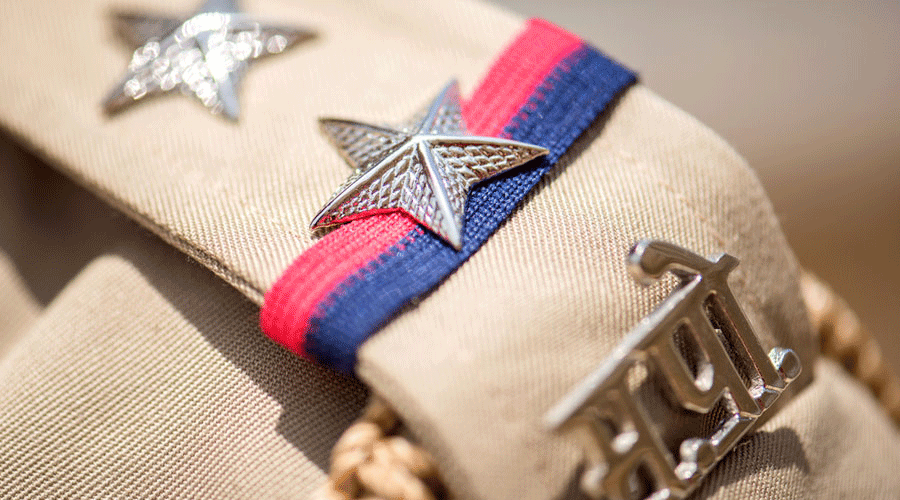The annual human rights debating contest for police personnel of Manipur will be held in Imphal on Friday. However the topic of the debate, “Civil organisations play victim cards in times of human rights vigilantism”, has not gone down well with a section of activists in the state where civil society organisations are quite active.
Leading rights activist Babloo Loitongbam said the topic reflects a “total lack” of understanding of the human rights concept, while social scientist Dhanabir Laishram said the topic is “negative” in the sense that it accuses the civil organisations of playing the victim card.
Two representatives from various police units will participate in the annual debate, one for the motion and one against it, and can speak in English, Hindi and Manipuri for five minutes each. The debate will be held at the 1 Manipur Rifles Banquet Hall in Imphal under the aegis of the National Human Rights Commission (NHRC).
A senior police official told The Telegraph that the annual debate is being held since 1996 under the aegis of the NHRC to create awareness among police personnel about human rights. “It is an in-house debate, held in every state and UTs. Several topics were suggested by the participants, in this case by the SPs and the commandants.
The selected topic was mooted by one of the commandants. There is no specific reason for taking up this particular topic. The debate provides an opportunity to create awareness and share knowledge,” the police official said.
Reacting to the choice of the topic, Imphal-based Loitongbam said human rights are the “natural” rights of every human being and it is the “obligation” of the government to respect, protect and fulfil those rights.
“When the government violates this obligation, human rights violation happens leading to civil society raising its voice. It is, therefore, obvious and understandable that civil organisations play the victim card. In fact, they should, that is how the unbridled power of the State will be checked and moderated to respect the human rights of the persons under its jurisdiction.”
“On the contrary, if civil organisations take the side of the perpetrators of human rights, then State will become authoritarian and the poor victims will never be able to raise its voice.
The choice of topic, therefore, reflects a total lack of understanding of the human rights concept!” Loitongbam told The Telegraph. To drive home his point, the activist referred to how thousands of helpless victims of “fake” encounters stayed“silent” for years and decades in Manipur.
“It is only after civil organisations helped them organise and approach the court that the issue of 1528 cases became alive and the Supreme Court has ordered CBI investigation in 39 cases. Imagine if the civil organisations did not play the victim card, everything would have been suppressed,” said Loitongbam, who played a key role in drawing the court’s attention to the plight of the Extra Judicial Execution Victim Families Association.
Imphal-based social scientist and motivational speaker Dhanabir Laishram, 69, said debates are signs of a vibrant society because it reflects public opinion.
“Therefore, it is better to choose a positive topic for a debate and leave it to those against the motion to express their views freely so we come to know what the civil organisations are thinking or doing to protect human rights. We should remember civil organisations exist for the protection of human rights. Human rights violation is the violation done by the state. For those committed by individuals, it is crime, dealt with by the court.
“However, in this case, the topic is negative in the sense that it charges the civil society (of playing the victim card). If we want a good relationship between the public and the police, we have to focus on the positives, that is why the topic of the debate should be a positive one,” said Laishram.
Another leading activist and secretary general of the Coalition Against Drugs and Alcohol, Geetchandra Mangang, said the topic reflected the government’s mind against those civil society bodies raising questions.











